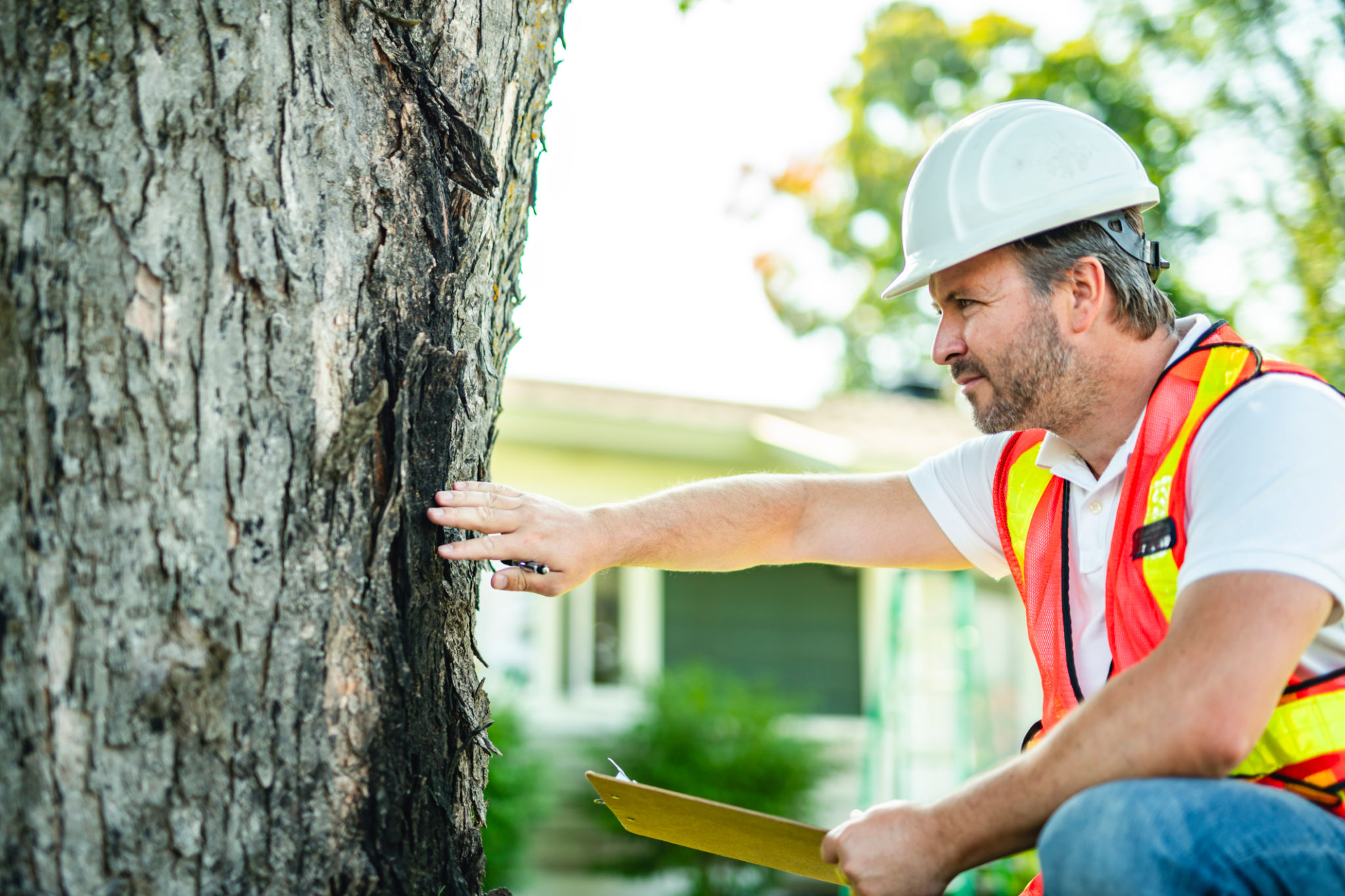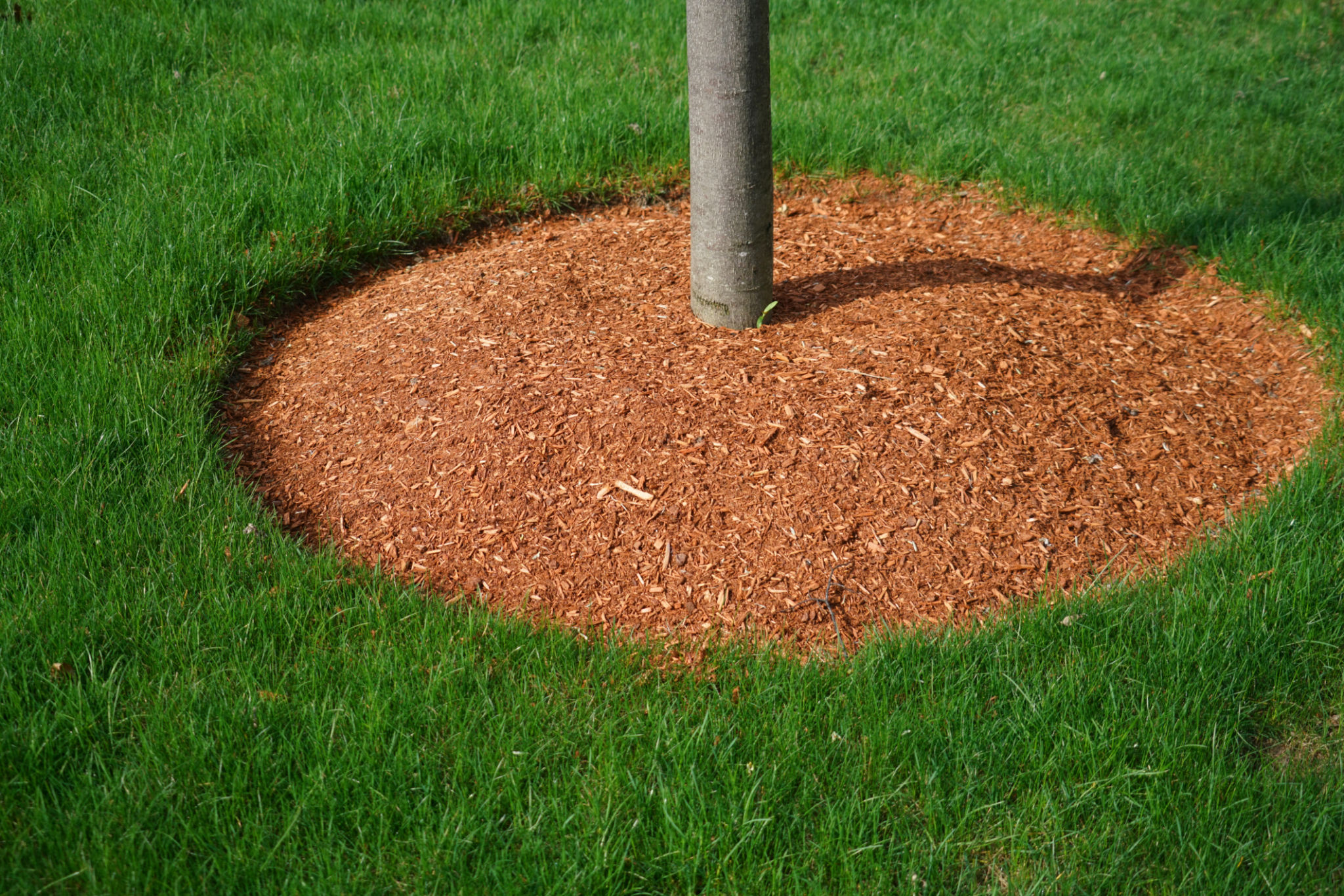Preparing Your Trees for Winter: Essential Tree Care Tips
Inspecting Your Trees for Damage
As the colder months approach, it's crucial to assess your trees for any signs of damage or disease. Look for cracked branches, fungus growth, or any unusual changes in the bark. Identifying these issues early helps you address them before winter exacerbates the problems.

Pruning Dead and Weak Branches
Pruning is an essential step in preparing your trees for winter. Focus on removing dead, diseased, or weak branches that could break under the weight of snow or ice. Proper pruning not only helps the tree maintain its structural integrity but also promotes healthy growth in the spring.
Protecting the Root Zone
The root zone is vital for your tree's health, especially during winter. Apply a layer of mulch around the base of the tree to insulate the roots. This layer should be about 2-4 inches thick, taking care to keep the mulch away from the trunk to prevent rot.

Watering Before Ground Freeze
Ensure your trees receive adequate water before the ground freezes. This is particularly important for evergreens, which continue to lose moisture throughout winter. Watering deeply once a week during fall can help maintain the necessary moisture levels.
Wrapping Trees for Extra Protection
Some trees, especially young and thin-barked species, benefit from being wrapped during winter. Use tree wrap or burlap to shield them from harsh winds and temperature fluctuations. Make sure to remove the wrap in early spring to prevent moisture build-up and disease.

Guarding Against Wildlife Damage
Winter can bring additional challenges from wildlife seeking food and shelter. Protect your trees from animals like deer and rabbits using physical barriers or repellents. This can prevent bark stripping and other damage that may compromise tree health.
Planning for Future Growth
Winter is an excellent time to plan for future growth. Consider which trees might need additional support or which areas could benefit from new plantings come spring. Sketching out a plan now can help you achieve your landscaping goals more effectively.
Consulting with a Professional Arborist
If you're uncertain about how best to prepare your trees for winter, consult with a professional arborist. They can provide expert advice tailored to your specific trees and climate conditions, ensuring your trees stay healthy and robust throughout the season.
